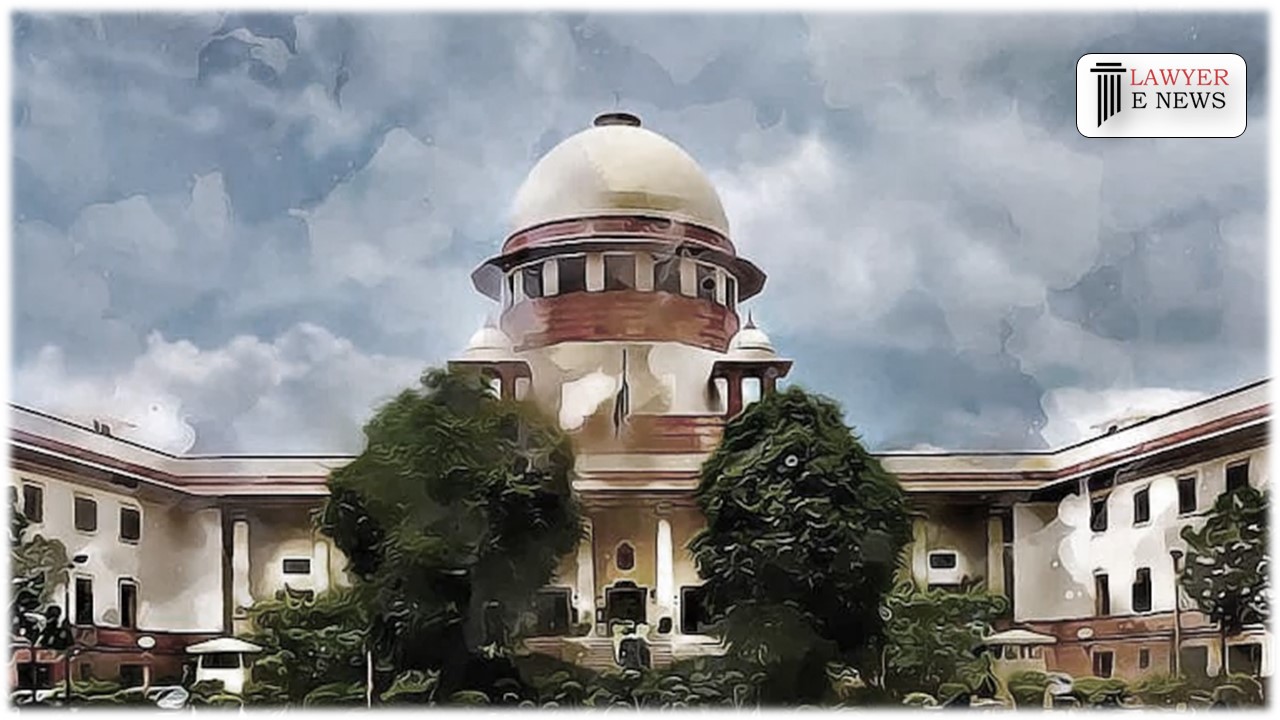-
by sayum
14 February 2026 2:22 PM



New Delhi: In a landmark judgment, the Supreme Court of India has clarified the application of the Limitation Act in eviction proceedings under the West Bengal Premises Tenancy Act, 1997. The Court observed that tenants cannot resort to Section 5 of the Limitation Act, 1963, to explain the delay in filing applications under Sections 7(1) and 7(2) of the Tenancy Act.
"The deposit of rent along with an application for determination of dispute is a precondition to avoid eviction on the ground of non-payment of arrears of rent. In view thereof, the tenant will not be able to take recourse to Section 5 of the Limitation Act," Justice Sanjay Kishan Kaul observed.
The case involves appellants Debasish Paul & ANR., who are landlords, and respondent Amal Boral, who is a tenant. The tenant had failed to pay the rent since February 2005. The landlords filed an eviction suit in 2013, which led to various legal proceedings, ultimately reaching the Supreme Court.
The tenant had filed an application under Sections 7(1) and 7(2) of the West Bengal Premises Tenancy Act after a delay of ten months, citing poor legal advice as the reason. The High Court had set aside the trial court’s judgment and allowed the tenant to explain the delay under Section 5 of the Limitation Act.
The Supreme Court rejected the High Court's approach, stating that the High Court erred in invoking Section 5 of the Limitation Act to give the benefit to the tenant. The Court further noted that if a lesser time period is specified in the Tenancy Act, then the Limitation Act cannot be used to expand the same.
"We have no doubt over the proposition that though generally the Limitation Act is applicable to the provisions of the said Act in view of Section 40 of the said Act, if there is a lesser time period specified as limitation in the said Act, then the provisions of the Limitation Act cannot be used to expand the same," the Court concluded.
This judgment serves as a significant guideline for eviction cases and the application of the Limitation Act therein, emphasizing the necessity for tenants to act promptly in legal proceedings.
Date of Decision: 18 October 2023
DEBASISH PAUL & ANR. vs AMAL BORAL
